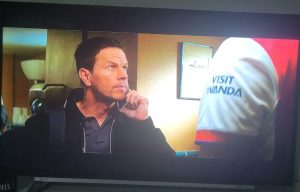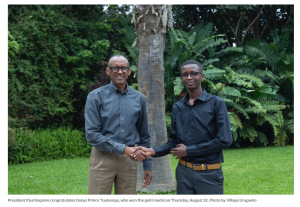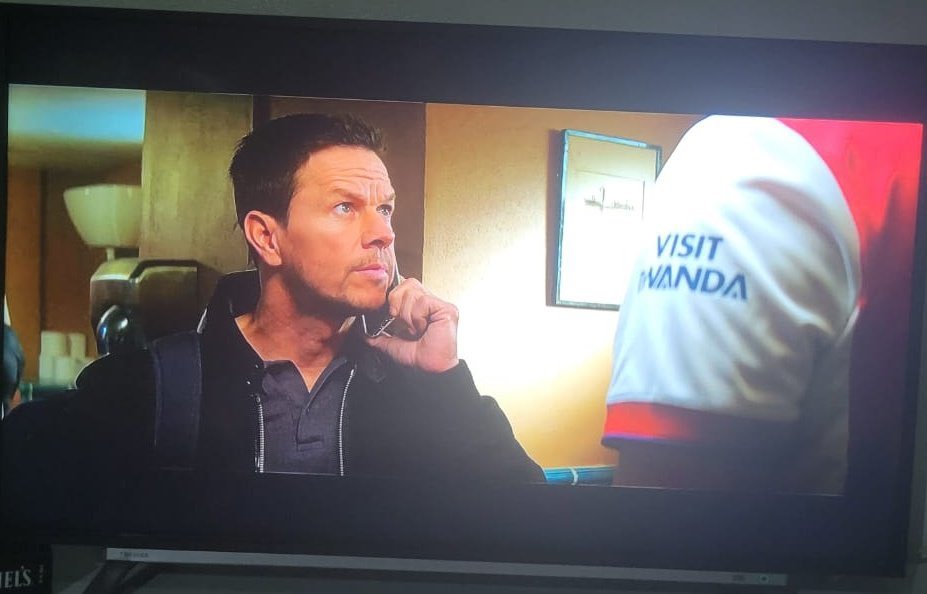Éditorial:
 A long time ago, when Paul Kagame came to power, he went to Harvard and Stanford Business Schools and McKinsey Consult and asked them to help in strategy. They came here, sat with Rwandans, and studied our comparative advantage. All agreed that volume wasn’t competitive, given the size of our country.
A long time ago, when Paul Kagame came to power, he went to Harvard and Stanford Business Schools and McKinsey Consult and asked them to help in strategy. They came here, sat with Rwandans, and studied our comparative advantage. All agreed that volume wasn’t competitive, given the size of our country.
Nyungwe can’t compete with Serengeti, Ngorongoro or Queen Elisabeth. Rwandan coffee wasn’t to compete with Kenya’s, Ethiopia’s, while our agriculture wasn’t to compete with Uganda’s. They agreed that ours were to be high-end, premium products, targeting the top “fortune 400 VVIPs”. While they wrote that strategy, none of them actually believed we could pull it off. Economist Paul Collier, Author of “The Bottom Billion” puts it succinctly:
- “territories such as Rwanda with systemic deprivations, including: No natural resources, no access to the sea, densely populated and with ethnic tensions, simply shouldn’t become independent states. Even if they did everything right, they just can’t defy gravity…”, the top Economist remarked.
He was later the first to recognize – in the king of catchphrases that he is – that Rwanda has pulled off an “economic hat-trick”, namely: rapid economic growth, reduced inequality and reduced poverty. The Oxford and Harvard Professor later became board chair of the City of Kigali. Michael Fairbanks and Michael Porter have since remained close friends of Rwanda, while Jim Kim, former World Bank president has now come to head the school of Public Health in Butaro- a Rwandan village in the north. They all just can’t believe we stuck to the plan, and do justice to their contribution.
Economist friends of mine tell me we should invest more in agriculture and education instead of stadia, arenas, Formula 1, and 5-Stars Hotels. Although many of them are like Friedrich Engels: “Communist by night and cutthroat Capitalist by day”, he has a valid point, in fact, the Rwandan polity is characterized by both schools of thought, which ensure that no sector is entirely left behind, while they ultimately agree on prioritising the grand plan. And sure enough, investing in a top flight airline “Rwandair”, didn’t prevent rwandan children from rural schools from winning continental maths competitions.
 All this to say, we trusted the process. It has taken a long time coming, after all, didn’t the good old professor predict that ours would require “defying gravity”? But we are about to cash in “bigly”!
All this to say, we trusted the process. It has taken a long time coming, after all, didn’t the good old professor predict that ours would require “defying gravity”? But we are about to cash in “bigly”!
Then we can afford to buy food from Uganda while more and more Rwandan kids study in Carnegie Mellon (CMU), University of Global Health Equity (UGHE), African Leadership University (ALU), African Institute of Mathematics and Science (AIMS) and Rwanda Institute for Conservation Agriculture (RICA) – all top tier global universities – the level of Ivy Leagues, now domesticated in Rwanda. We only need a critical mass of 1% highly educated Rwandans, and the rest can go into TVET.
Our high end policy is deliberate and consistent. Bigger, richer countries which enjoyed a huge head start in the early 2000s are struggling to service foreign debt or growing at slower rate because, in spite of their huge potential, they have not stuck to a long-term, coherent plan, or if they have one, it isn’t implemented sustainably – they chose political alternance, where every administration demonizes their predecessors, scraps the previous plan and implements their own, a new one: they call that “democracy”. Their countries, as a result, are in a state of “eternal rebooting”.
The day I write about the story of Rwanda’s miraculous recovery I’ll say: We trusted the process, and ultimately we pulled it off! Nobody before us has. Although it seems that it has taken long to trickle down, indeed transformation is a long, hardious, painful process, to quote President Kagame, “Work hard until it pains for poverty hurts even more…”
Any day now, when the stars align, when we cross the rubicon as an upper-middle class country. Then it will be because “We stayed the course, we kept the faith and we fought the good fight”. And don’t forget, it is never the size that matters, it is how you use it..
Good morning.















Very well articulated!!! Choosing to dream big, staying on an accountable track under the great visionary leadership of HE PK who has led Rwanda beyond self has brought us this far! NST 11, Vision 2050, ….::will take Rwanda heights!!